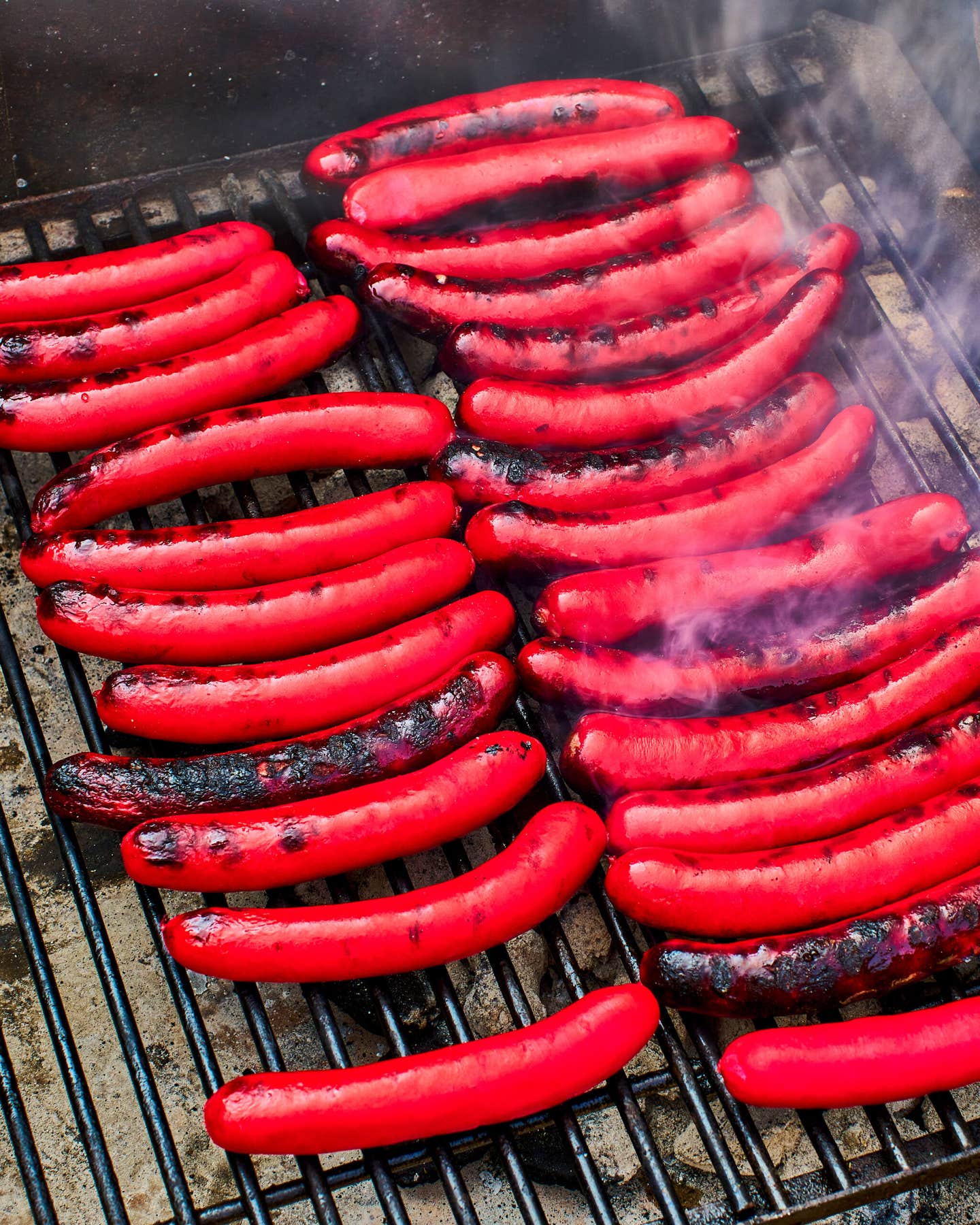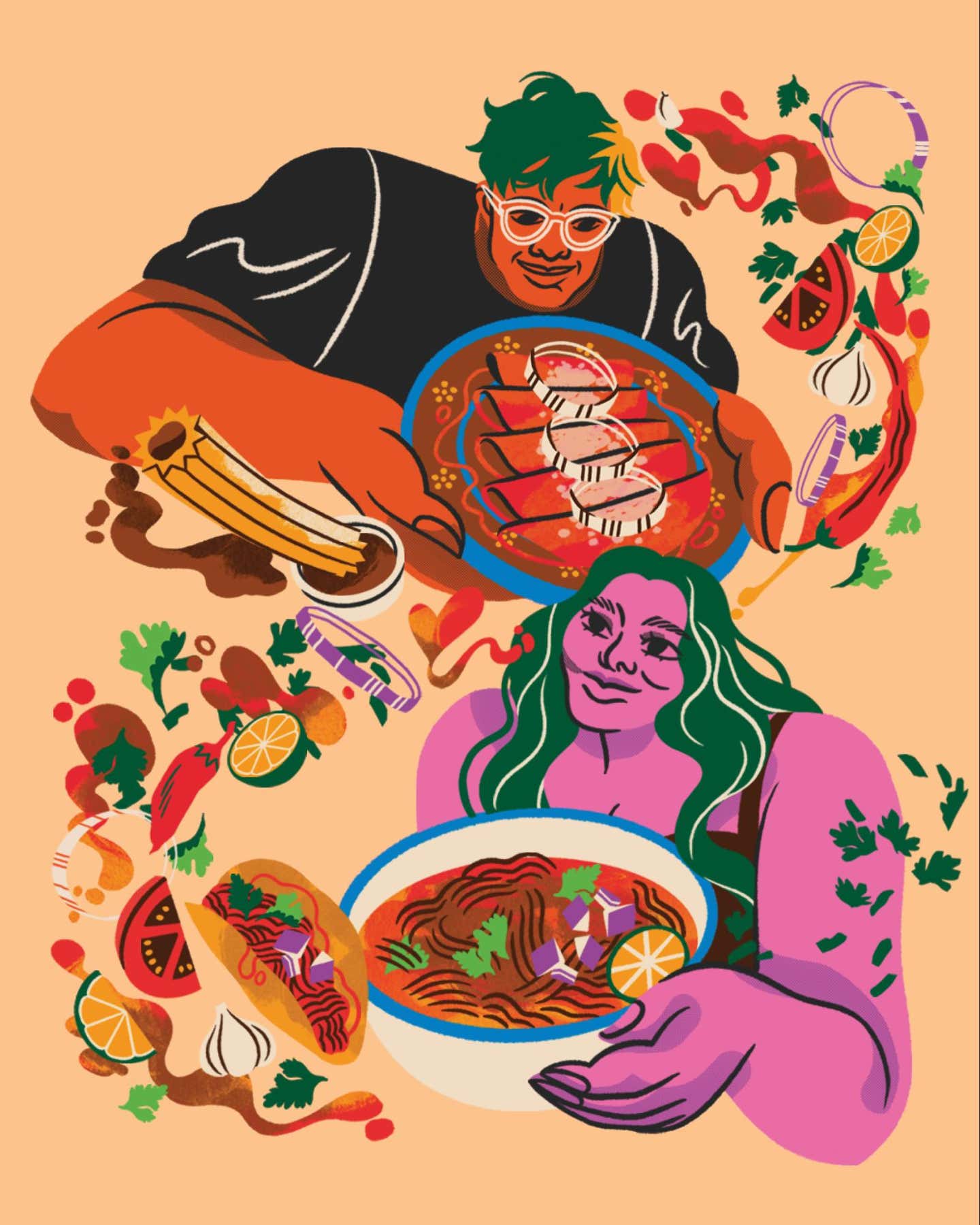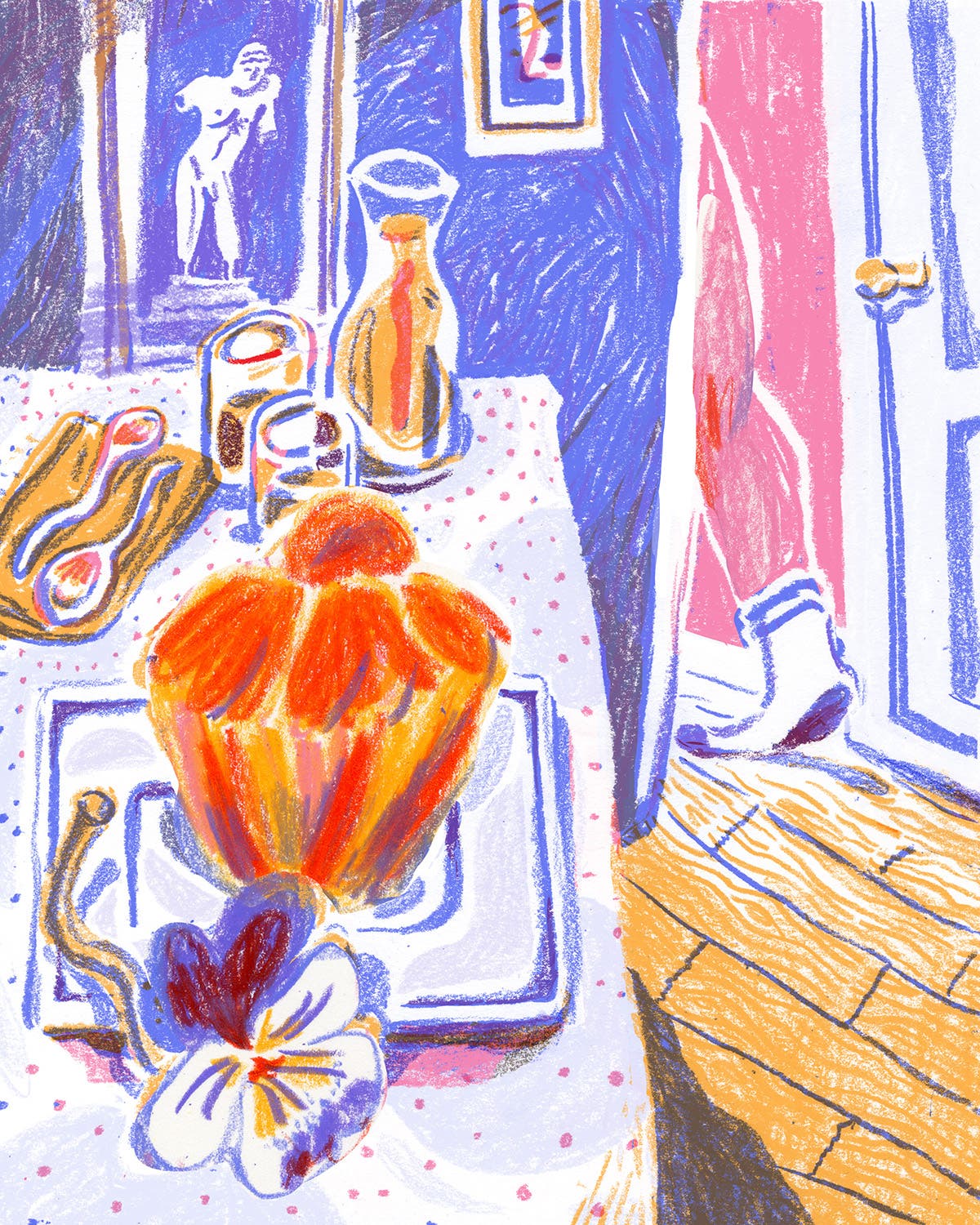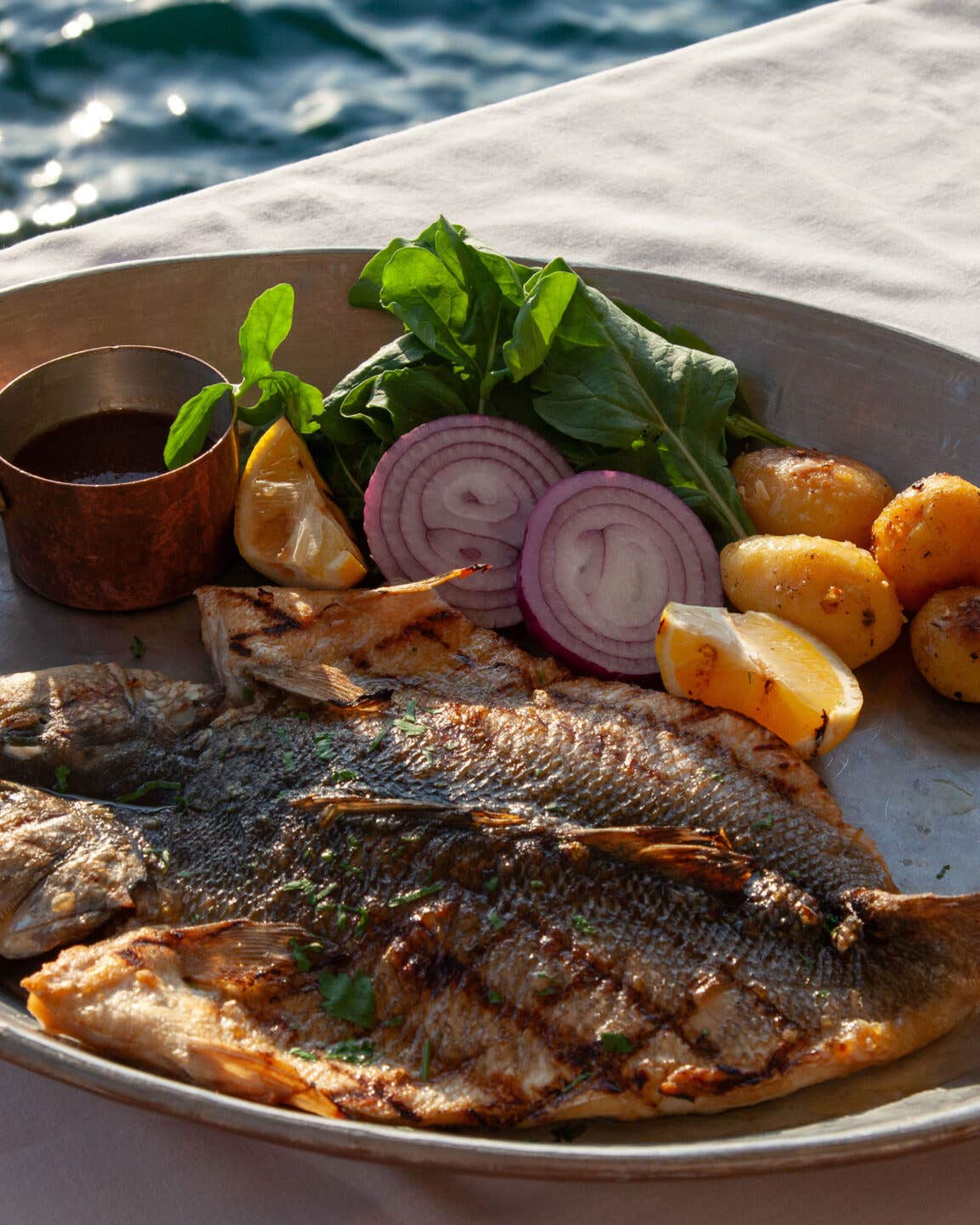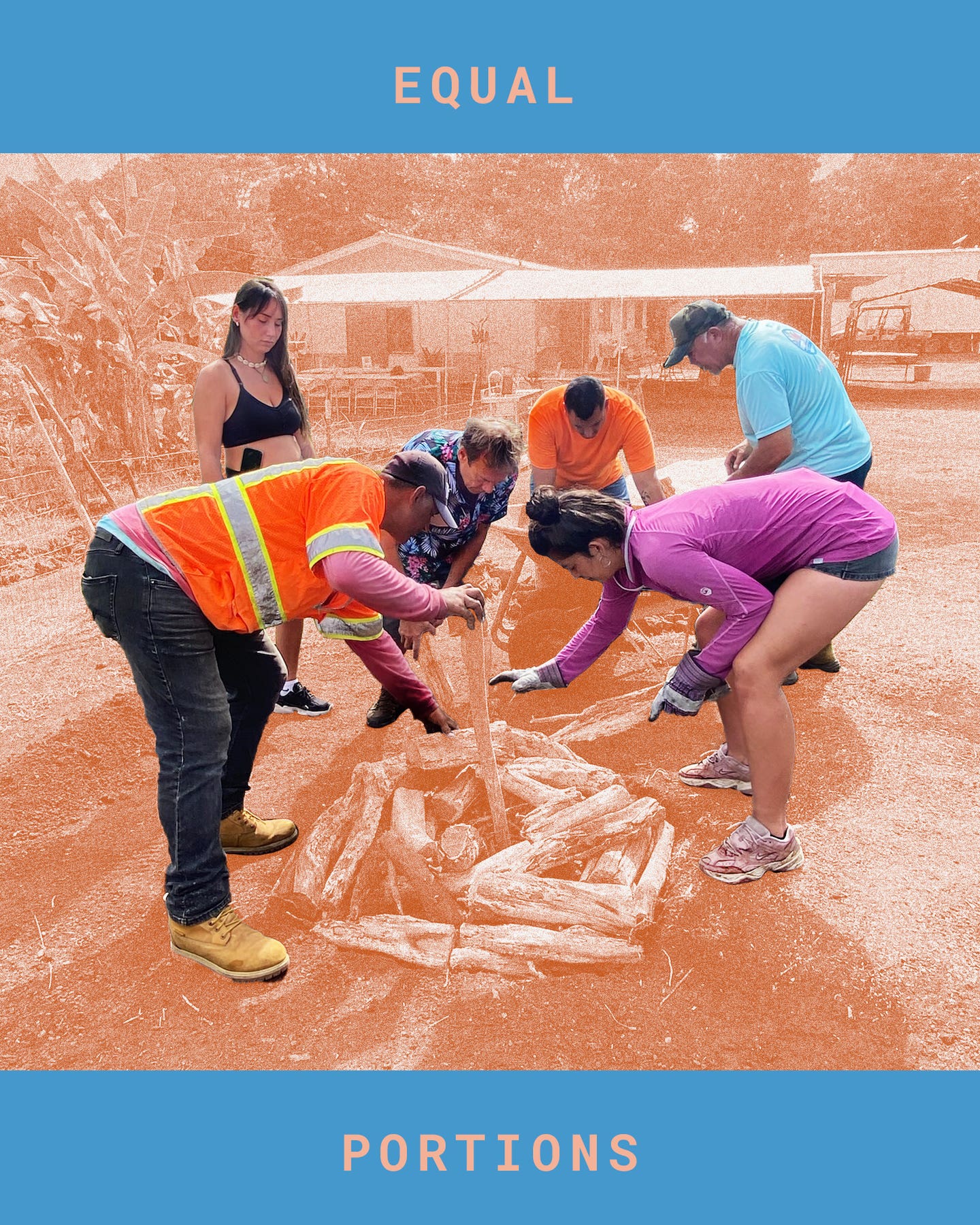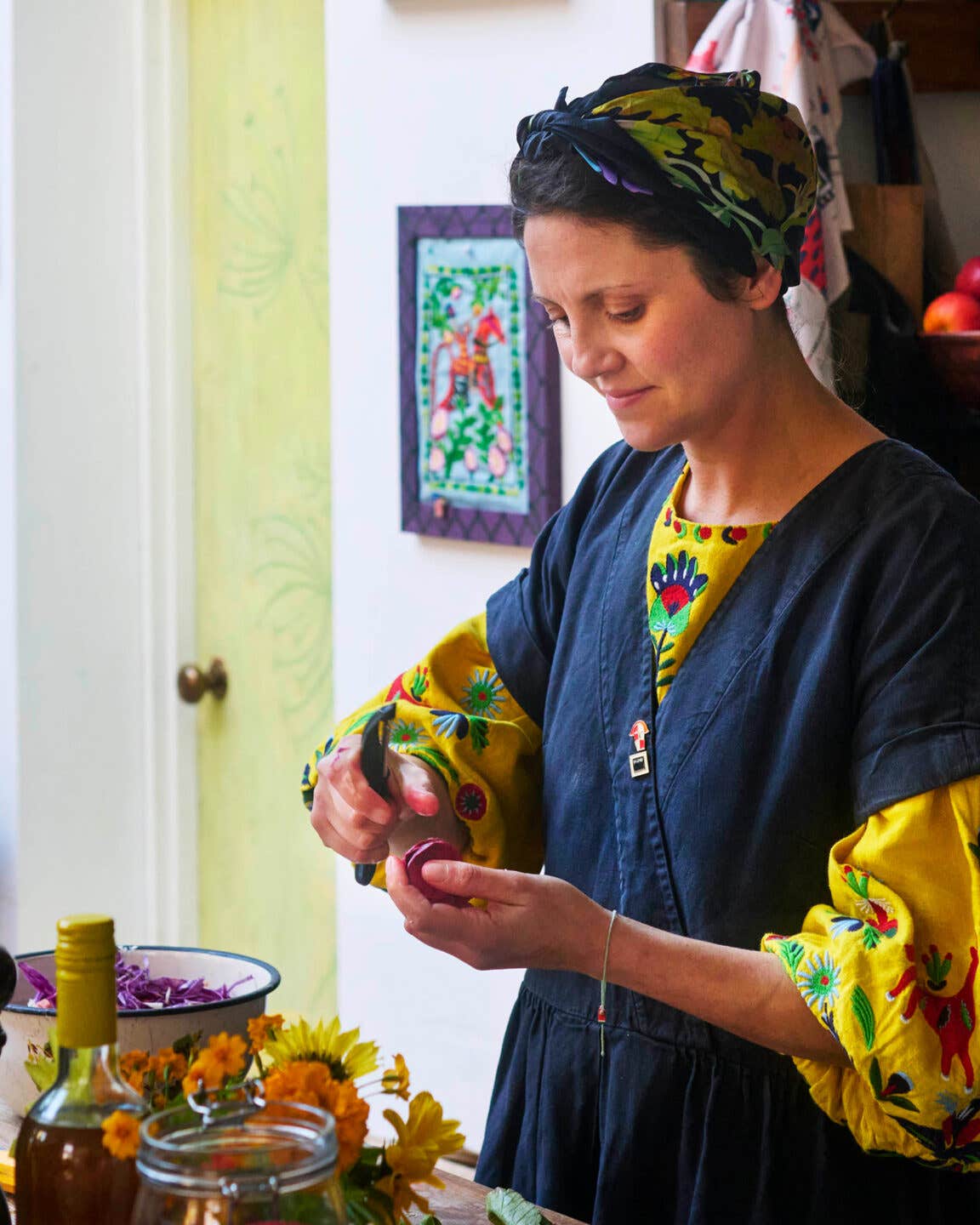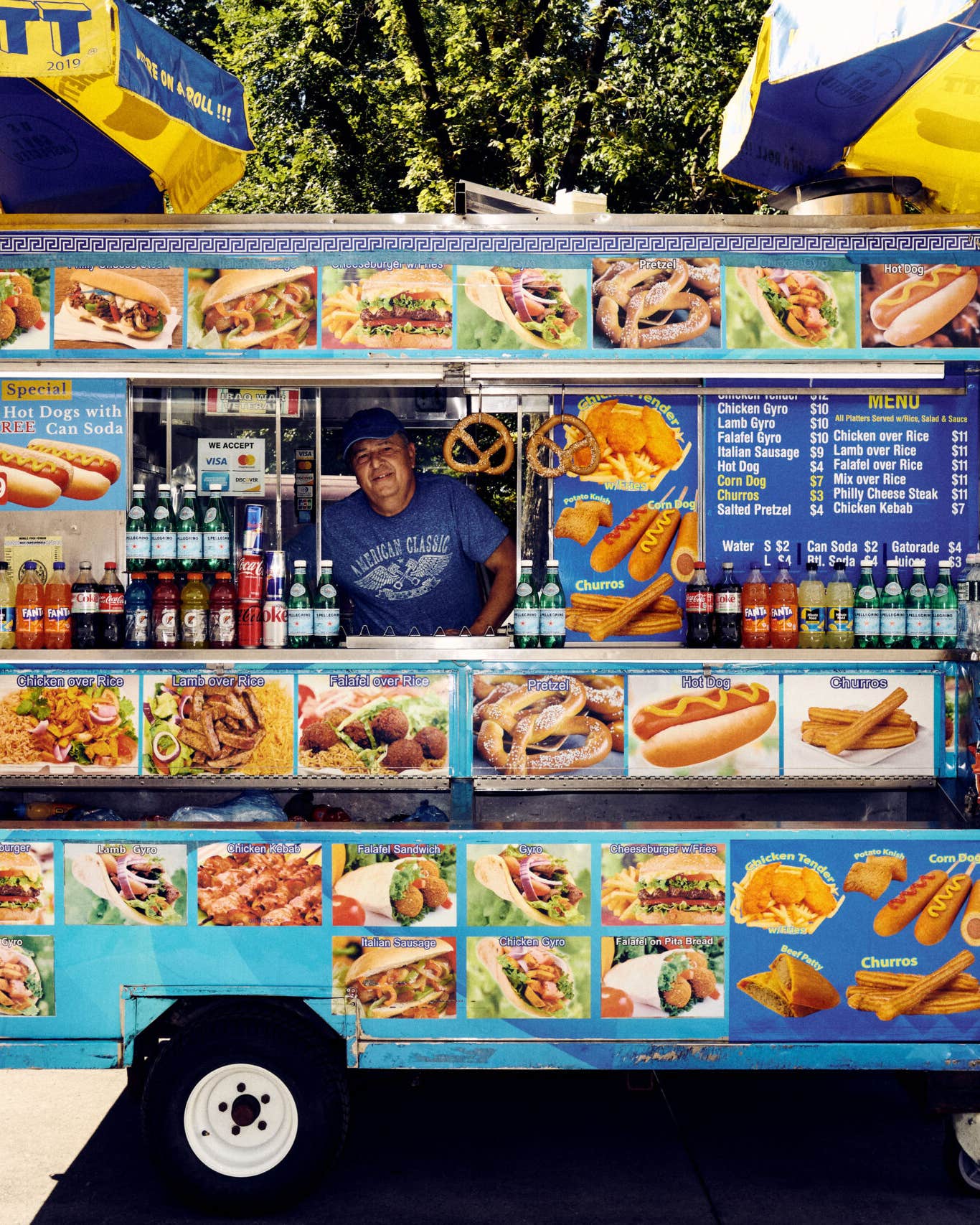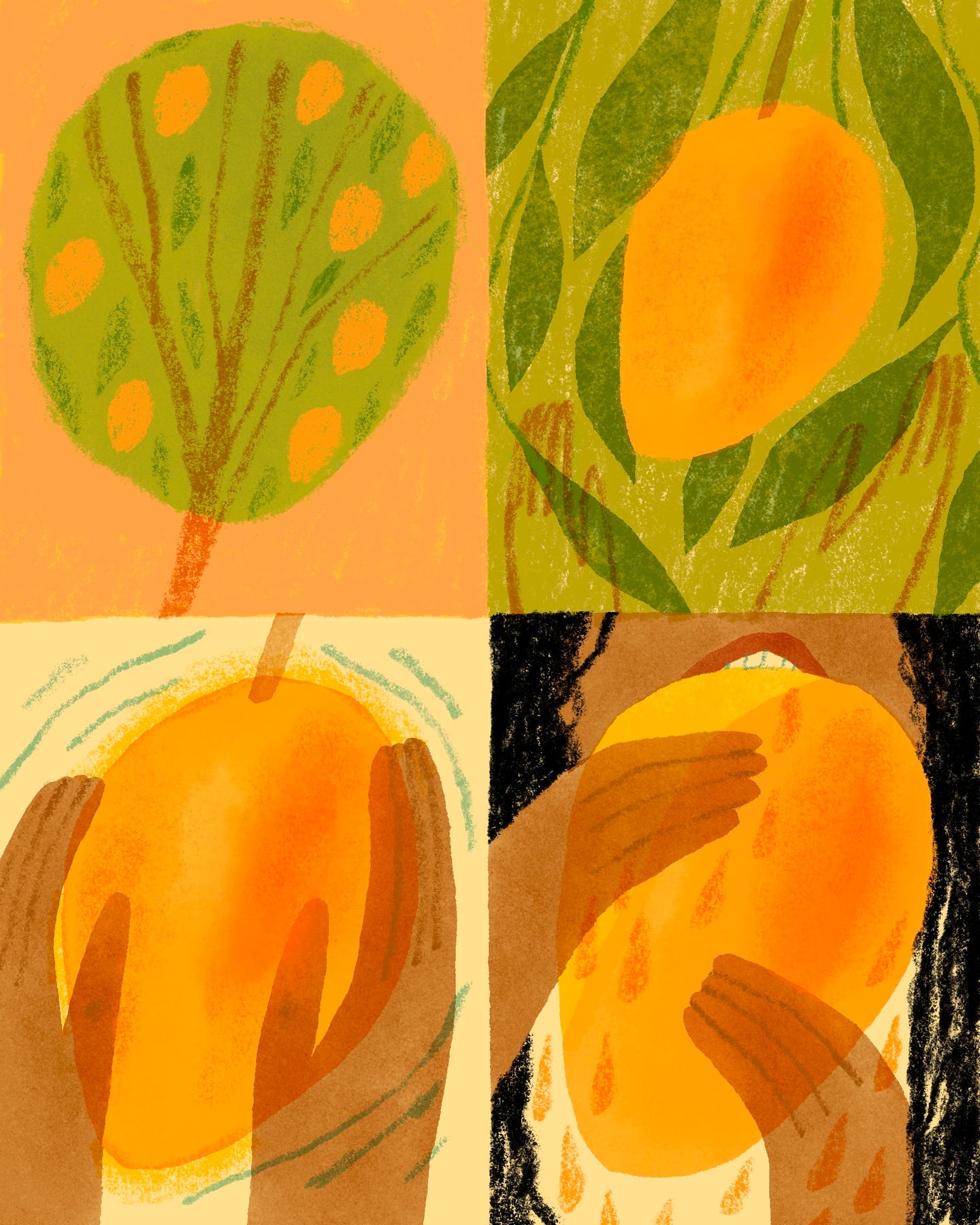
The Romantic
Anna Nanni, chef of Trattoria Amerigo dal 1934 in Savigno, Italy, believes that the best ragus are made with exacting care and a little love.
"Nowadays, most women don't have the time to cook like they used to. Some people have started making modern versions of ragu using shortcuts: they buy leaner meat, use convenience products from the supermarket, and cook the sauce for all of five minutes. A real ragu has to cook for a very, very long time—I simmer mine for at least two hours and often much, much longer. You have to make sure that you really brown the vegetables well. You have to take care to cook the meat gently and not to burn it. Make sure all the wine evaporates before you add the tomatoes. Using the right pan is also very important. You need a deep, thick pan that distributes heat evenly so that the ragu doesn't burn, because you don't want to watch over it at every moment. Once upon a time, we used terra-cotta pots, but aluminum is the best because terra-cotta absorbs too much oil, too many odors, and it isn't as durable. For me, ragu is a special dish that I make for my children and my grandchildren. It's a complete meal, and I think it's important for children to grow up on this kind of nutritious food. The difference between a great ragu and one that isn't so good isn't a secret recipe. It's the attention you give to it and the care you take in making it."
Keep Reading
Continue to Next Story
